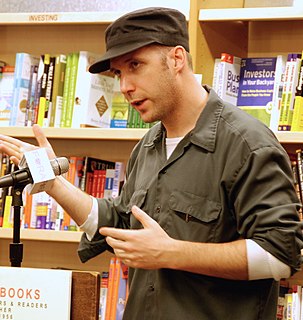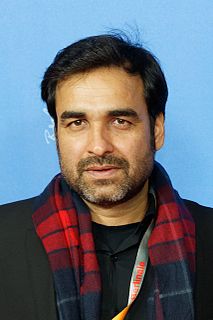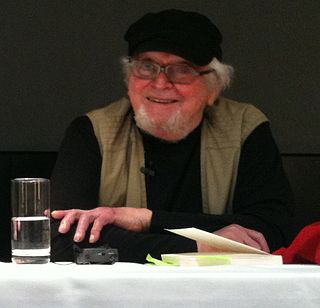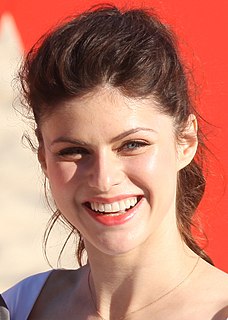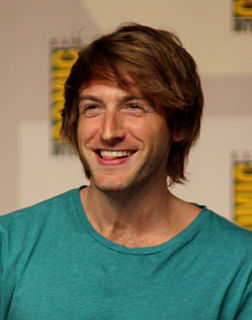A Quote by Andy Serkis
I don't see a difference between playing a performance capture role and a live action role, they're just characters to me at the end of the day and I'm an actor who wants to explore those characters in fantastically written scripts. The only caveat is a good story is a good character.
Related Quotes
My belief about performance capture is that it's a technology which allows actors to play extraordinary characters. But from an acting perspective, I've never drawn a distinction between playing a conventional, live action character and playing a role in a performance capture suit. And from a purely acting point-of-view, I don't believe there should be a special Oscar category because I think it sort of muddies the waters in a way.
Many writers write across difference of one kind or another. Sometimes the difference is large and recognizable: gender, or race, or religion, or sexuality. And sometimes the differences are smaller. ... Where authors get into trouble is in trying to make those different characters stand in for whole groups of people, or for creating characters only to fetishize or explore their supposed otherness. Your character can be wildly different from you, as long as he's written with respect and, moreover, specificity.
When I write a book, I don't have a plan or an outline. The characters move the action, and the action develops the characters. When I write a book, I become an actor, really, taking the role of the person who is speaking or acting at the time, and so their reactions to whatever they see are my reactions.
What interests Sam Mendes are characters and relationships, and he was a genius at giving you the freedom to create the type of character you want, and also to explore and have fun with your fellow actors. For him, characters and relationships are really the heartbeat of the film, and then the action is the backdrop. By developing the characters, he makes you care that much more about the action and going on a journey with the characters.
I think it's interesting playing characters who are flawed and make mistakes because we all have - no one's just one thing - no one is just bad or just good - so I like finding flawed characters and playing with their redeeming qualities, whether you play it outwardly or not. I think that one of the reasons I'm an actor is that I love people and I love finding out who they are and why they do the things they do, so it is fun to play those kinds of characters.
I don't see myself as one type of actor. When you get one role, you start to get cast in that role for awhile because that's what people have seen you do, and have hopefully seen you do it successfully. And so, it becomes an easier thing to see you as, for casting directors and directors, and they start to think of you as that particular person or type of character. But, for me, I'm just an actor, first and foremost. The actors I respect are the real character actors, who are the real chameleon actors that completely change from role to role.

